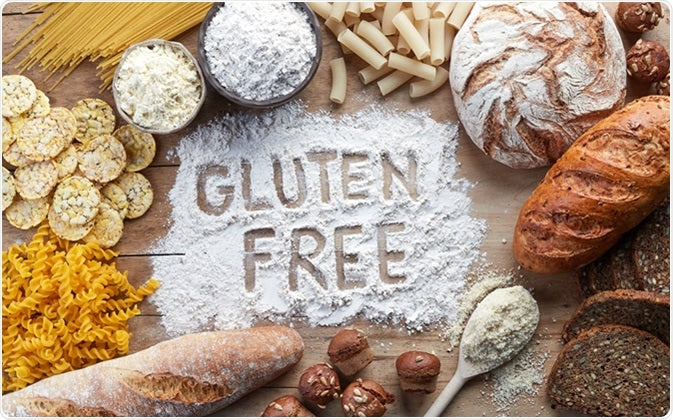
Celiacs: Everything you need to know!!!
Share
Celiac disease is a genetic, autoimmune disorder that damages the small intestine when the sufferer ingests gluten . Gluten is a protein found in grains (wheat, barley, and rye).
First of all, it is not a contagious disease since its appearance depends on genetics , so its appearance is more frequent in certain families.
It's called autoimmune because the immune system itself attacks the lining of the small intestine when the patient ingests gluten. Logically, this is a malfunction of our immune system , which detects gluten as a dangerous agent and attacks it, in turn damaging the gastric mucosa.
Celiac disease can be very serious, causing long-term digestive problems. Damage to the gastric mucosa makes it unable to absorb many vitamins, minerals, and nutrients , which can lead to nutritional deficiencies.
Celiac disease is not limited to the digestive system; the immune system can attack other parts of the body, including:
bones
joints
nervous system
fur
spleen
What are the symptoms?
Most people develop at least 1 symptom, however, some people have no symptoms and do not feel discomfort.
The most common symptoms are:
Chronic diarrhea
Constipation
Gases
Nausea
Greasy, smelly, floating stools
Stomach pain
Vomiting
Swelling or inflammation in the abdomen
We must pay special attention to children, since being in a stage of growth, an inability to absorb food can cause:
Damage to tooth enamel
Developmental delay
Mood swings
Weight loss
Adults are less likely to have digestive symptoms, and instead may experience:
Absence of menstruation
Fatigue
Oral problems such as canker sores or dryness
Infertility
Headaches
Dermatitis
Depression or anxiety
Bone and joint pain
Red and shiny tongue
How do I know if I have celiac disease?
This disease can be difficult to diagnose because it can easily be confused with other diseases with a similar clinical picture.
If the doctor suspects gluten, the first thing he or she will order is a blood test to look for gluten antibodies. If the test is positive, a biopsy of the gastric mucosa will confirm the diagnosis.
You should not stop eating gluten before the test because it can falsify the result.
Can I prevent or avoid celiac disease?
It cannot be prevented or avoided because it depends on the genes we are born with.
How is it treated?
The only way to control the disease is to maintain a GLUTEN-FREE DIET . Fortunately, today, it's very easy to follow a gluten-free diet thanks to the awareness of all food retailers.
By maintaining a gluten-free diet, we can reverse the damage caused by the disease. Remember, it's an incurable disease, and the only way to stay healthy is to follow a strict gluten-free diet.
What can I and can't I eat?
People who follow a gluten-free diet avoid all foods that contain:
wheat;
barley;
rye;
spelt
triticale products (including many breads, pastas, cereals, and processed foods).
Foods that are gluten-free and safe to eat include:
rice;
corn;
oatmeal;
quinoa;
buckwheat
Gluten sometimes appears in foods or places you wouldn't expect:
It is used as a thickening agent in many sauces.
It's sometimes used in medications. Talk to your doctor or pharmacist before taking any new medication, including vitamins and supplements.
It can be found in lip balms, lipsticks, and other cosmetics.
Literature:
